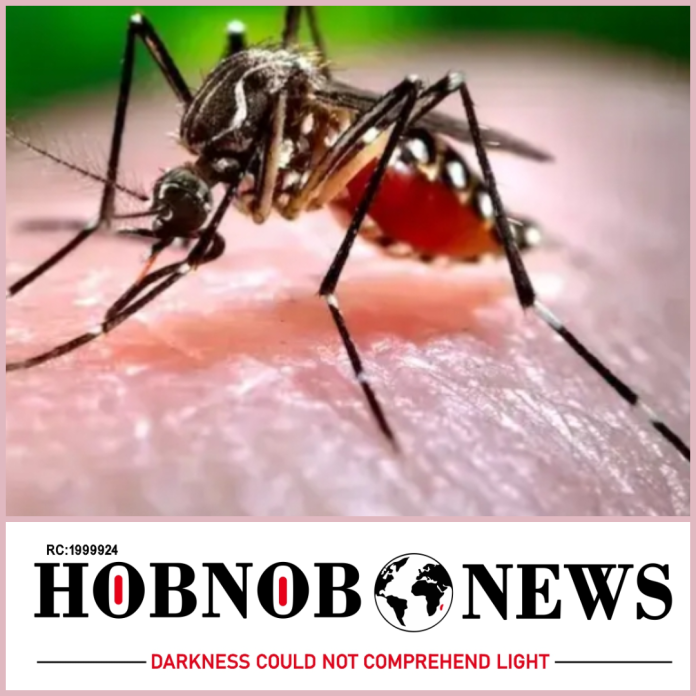The Nigeria Centre for Disease Control and Prevention (NCDC) has released a report revealing 13 confirmed cases of dengue fever in Sokoto State. This announcement has raised concerns regarding the inadequate level of knowledge and awareness among Nigerians about this mosquito-borne illness.
Despite ongoing efforts by health authorities to combat the disease, the recent outbreak highlights an urgent need for enhanced public education and preventive measures.
In a statement published on its official website, the NCDC disclosed that Sokoto State alone has witnessed 64 suspected cases originating from three Local Government Areas (LGAs). Of these, 60 cases were reported in Sokoto South, while Wamako and Dange Shuni LGAs recorded three and one case, respectively.
Dengue fever, transmitted by the Aedes mosquito, can cause severe flu-like symptoms and, in some cases, progress to a more severe form known as dengue hemorrhagic fever. The disease is characterized by high fever, severe headache, joint and muscle pain, rash, and, in severe cases, can lead to organ damage and even death.
The NCDC has stressed the importance of implementing preventive measures such as eliminating breeding sites for mosquitoes, using insect repellents, and wearing protective clothing. Additionally, early detection and prompt medical intervention are essential in managing dengue fever cases effectively.
However, the recent outbreak has highlighted a lack of awareness and understanding among Nigerians regarding dengue fever. It is crucial for the government, healthcare professionals, and relevant stakeholders to collaborate and intensify efforts to educate the public about the disease, its transmission, and preventive measures.
Raising awareness about dengue fever will play a pivotal role in equipping Nigerians with the necessary knowledge and empowering them to take preventive actions. It is through collective involvement and stringent implementation of preventive strategies that the country can combat this emerging public health threat effectively.
The NCDC continues to monitor the situation closely, working alongside state health authorities to control the outbreak and ensure the well-being of the affected individuals.

